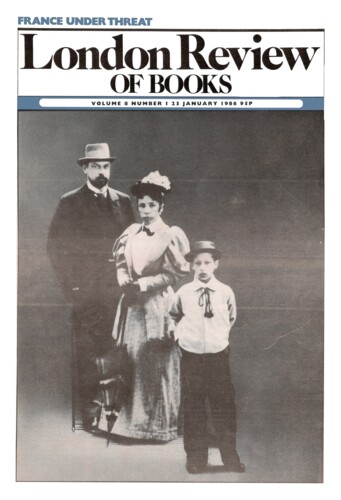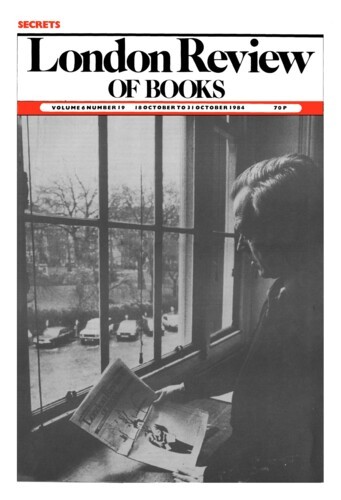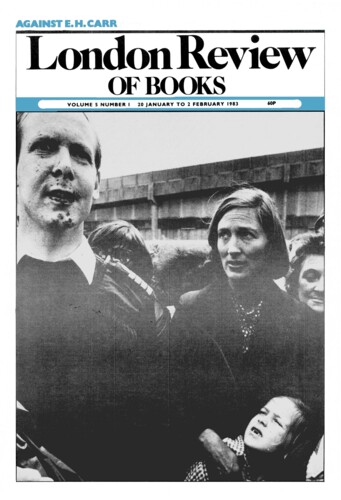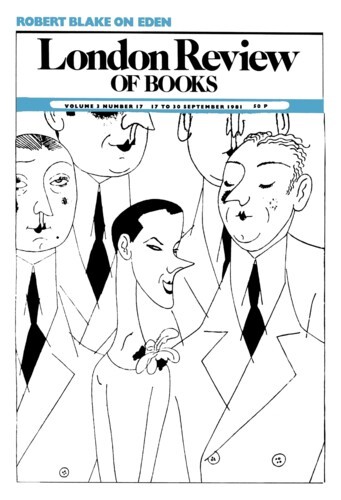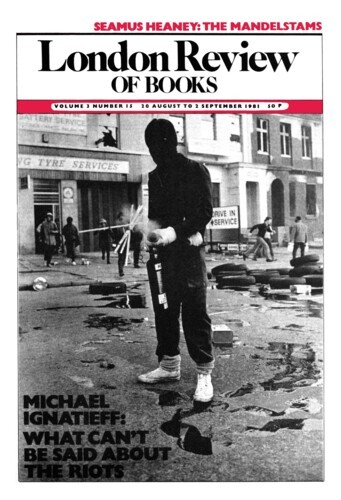Set in a radio or TV quiz, the following question would flummox most people, even historians: which future prime minister was one-eighth Indian, present at the fall of the Bastille, a colonel in the militia, and had to invoke the King and the current prime minister to overcome his father’s opposition to his marriage? The answer is Robert Jenkinson, second Earl of Liverpool and eighth baronet, whose maternal grandmother, wife of a Nabob, was Eurasian. He is one of the neglected figures of history. Yet he was prime minister for 15 years from 1812 to 1827, till in February at the age of 56 he was incapacitated by a cerebral haemorrhage, called in those days ‘an apoplectic fit’. He resigned a month later, having asked faintly: ‘Who succeeds?’ George IV had many unattractive traits, but harshness was not one of them. He told the second Lady Liverpool that there should be no talk of resignation till absolutely necessary and hoped the Prime Minister would soon be well enough to resume work. ‘No, no, not I – too weak, too weak.’ And he became again unconscious, reviving only to put his hand on a painfully aching head, lamenting loss of memory and saying: ‘I am but a child.’ Late in March he was told that a successor had to be found. He died, a forgotten ghost, nearly two years later in December 1828. By then his successor, Canning, was also dead. Canning’s successor, Lord Goderich, had resigned without even meeting Parliament, and the Duke of Wellington was well into the first year of a premiership which led to the triumph of two causes anathema to Lord Liverpool – Catholic Emancipation and Parliamentary Reform.’
Lord Liverpool: The Life and Political Career of Robert Banks Jenkinson, Second Earl of Liverpool 1770-1828 by Norman Gash. Set in a radio or TV quiz, the following question would flummox most people, even historians: which future prime minister was one-eighth Indian, present at the fall of the Bastille, a colonel in...
